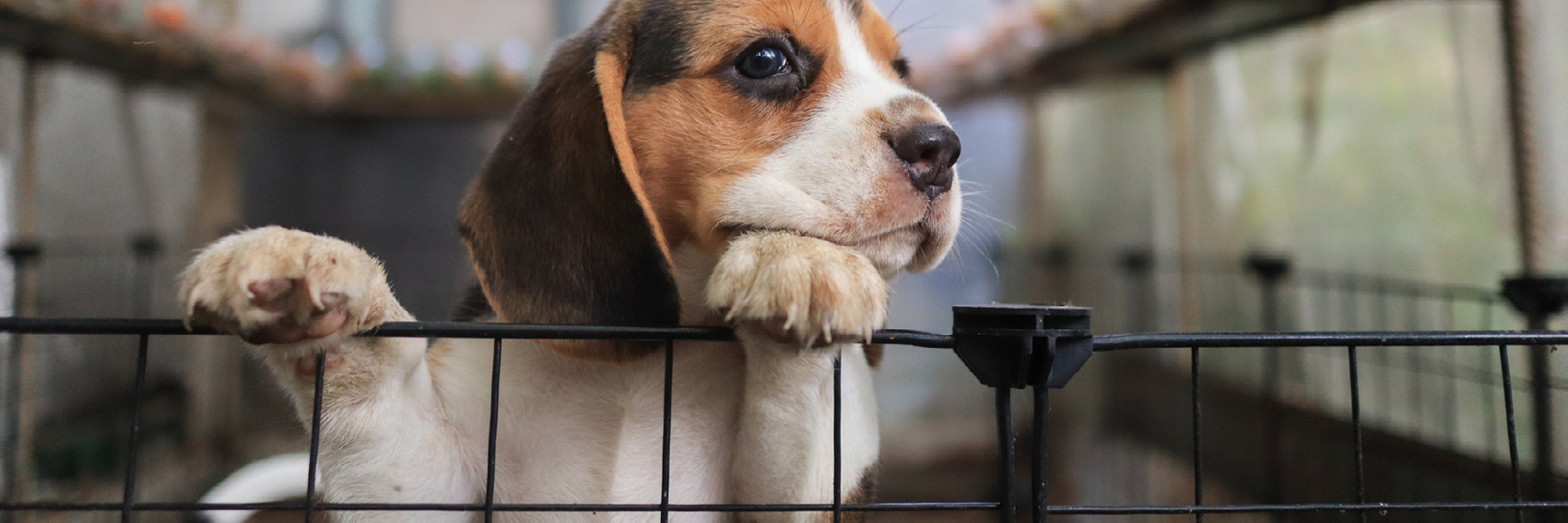We want action not just words after EU response to animal test petition
Time for a roadmap for humane, human-relevant science in Europe

In response to a petition brought to the European Parliament’s Petitions Committee asking for animal testing to be put on hold in the EU, the Commission has again said that it is committed to the goal of fully replacing animal tests but without announcing specific plans
We welcome this commitment as far as it goes but believe that it is now time to put in place a roadmap to turn words into a plan of action.
Last year, a petition was brought to the European Parliament’s Petitions Committee calling for a review of all animal research in Europe. The Commission this week provided its response as part of the committee’s deliberations.
Dr Katy Taylor, our Director of Science, said: “Now more than ever, the EU should show ambition to develop better science and turn to more humane and human relevant research and innovation. 95% of all drugs shown to be safe and effective in tests on animals fail in human trials.
“Back in 1993 – 27 years ago – in the 5th EU environmental action programme towards sustainability, a target was set to achieve as a priority by 2000 a 50% reduction in the number of vertebrate animals used for experimental purposes. By 1997, this action had been quietly dropped and the number of animal tests in Europe remains high. We have heard the commitments before. Now is time for change.”
The Commission response also shows efforts to back the development of non-animal methods to replace animal research.
We recognise the ground-breaking work carried out in Europe by organisations like ECVAM and collaborations like EPAA and Horizon funding, but much more needs to be done. If Europe is serious about its goal of replacing animal tests, it needs to put its money where its mouth is.
Together with our European partners we are calling on the Commission to produce a comprehensive plan with targets and timetables to bring an end to animal testing in the EU.
95% of all drugs shown to be safe and effective in tests on animals fail in human trials.
